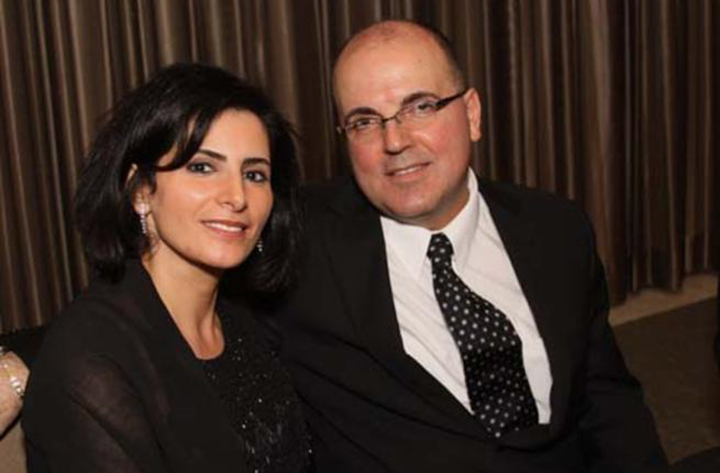
In what some are calling the "the most egregious" health care fraud case ever seen, a Michigan cancer doctor admitted in court to intentially diagnosing people with cancer to collect the insurance money.
Dr. Farid Fata, a Lebanese man who became a naturalized United States citizen in 2009, plead guilty to one count of conspiracy, two counts of money laundering, and 13 counts of health care fraud, including a $35-million Medicare fraud scheme that resulted in the harm and even death of many of his 1,200 patients since 2009. The doctor not only knowingly misdiagnosed these patients with cancer, but also prescribed dangerous chemotherapy drugs that weren't needed.
"In this case, we had Dr. Fata administering chemotherapy to people who didn't need it, essentially putting poison into their bodies and telling them that they had cancer when they didn't have cancer," the prosecutor told the Detroit Free Press. "The idea that a doctor would lie to a patient just to make money is shocking... Dr. Fata was unique in that he saw patients not as people to heal, but as commodities to exploit."
At a time when they are most vulnerable and fearful, cancer patients put their lives in the hands of doctors and endure risky treatments at their recommendation," said Assistant Attorney General Caldwell. "Dr. Fata today admitted he put greed before the health and safety of his patients, putting them through unnecessary chemotherapy and other treatments just so that he could collect additional millions from Medicare. The mere thought of what he did is chilling."
The 49-year old doctor owned Michigan Hematology Oncology, a cancer treatment center with several offices around Detroit, including Clarkston, Bloomfield Hills, Lapeer, Sterling Heights, Troy, and Oak Park, Michigan.
A former interviewee of Fata's describes a time back in 2010 when she tried to alert authorities to the scam, but was ignored. "I'm numb," said Angela Swantek, a chemotherapy nurse who interviewed for a position at one of Fata's offices. "I'm not surprised though; I wondered how his team was going to defend him. The charts don't lie."
Swantek said she left the interview after an hour and a half when she noticed that patients at the center were receiving chemotherapy treatments incorrectly. "I thought this is insane," she said. Swantek immediately wrote a letter to the state suggesting an investigation that same day, but the state responded in 2011 saying that they found no proof of wrongdoing at Fata's office.
"I handed them Dr. Fata on a platter in 2010 and they did absolutely nothing," she continued. "I started crying. I thought about all of the patients he took care of and harmed."
But the question now is, will justice be served to those patients who lost limbs, their life savings, or to those who lost family members to the doctor's greed?
"He's one of several civil suits against Fata," Attorney Donna MacKenzie said of her client, Dave Kroff, who lost both of his legs from the unnecessary chemo drugs. "The feds have seized millions in Dr. Fata's assets. Will any of these victims see any of it?"
Fata had planned to purchase a $3 million castle in his home country of Lebanon in 2010, and his wife and three children fled there before he was sent to jail a year ago. Fata remains in prison on a $9 million bond. He's expected to be sentenced in February before U.S. District Judge Paul Borman.
















